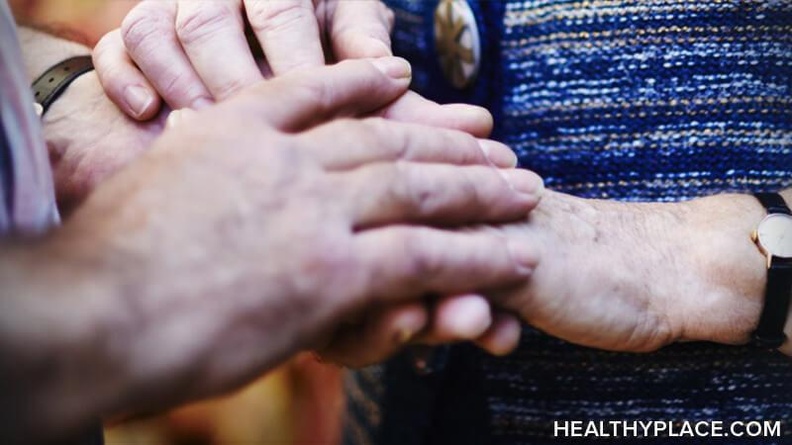Educating Others About Anxiety

In this post, I want to discuss something that is assuredly a topic of contention for some: what role should someone with anxiety, or any other mental illness, have in educating others about the subject?
This topic has come up in other areas of society, including race and sexuality. Some argue that those who are in minority groups shouldn’t have the responsibility of educating others about the subject hoisted upon them by default. I’m not sure if I agree with this – what follows should not be taken as anything other than my own personal thoughts on the subject, but I would like to explain why this is so.
Whose Responsibility Is It to Educate About Anxiety?
The ideal would be to live in a world where everyone would, by default, have a sympathetic understanding of anxiety and other mental illness. This will take a bit of time to bring to fruition, as it was still common, earlier in this century even, to use “mental illness” as a synonym for “crazy.” Thankfully, I think we’re past this, but that doesn’t mean everyone by default is going to understand the subject.
That raises the question: who should educate those who don’t understand? To me, the best answer is, in fact, someone who has direct knowledge of the mental illness in question.
Though there are certainly plenty of resources available online, someone may not know where those resources exist or may not be able to discern between a helpful and unhelpful resource. Talking with someone in person is always helpful because they are a first-hand account. They would also, perhaps, be able to direct people to helpful outside resources, as they would better be able to discern what is helpful.
My Personal Anxiety Education Experience
Personally, I'm ambivalent about the subject of anxiety education. I do not always like talking about anxiety because it’s, by default, an unpleasant topic. Nevertheless, I will often discuss it with those who may not understand because I’d rather have them hear the information from my mouth as I trust myself to tell them what they need to know.
I do also have a mental list of books and other resources I can give to people in case I don’t want to spend all day discussing anxiety disorders; because as helpful as it can be, it’s tiring; there’s no way around that.
Generally, I only discuss it if someone asks or if someone says something particularly tone-deaf, which thankfully does not happen very often.
APA Reference
DeSalvo, T.
(2021, August 25). Educating Others About Anxiety, HealthyPlace. Retrieved
on 2026, January 17 from https://www.healthyplace.com/blogs/anxiety-schmanxiety/2021/8/educating-others-about-anxiety